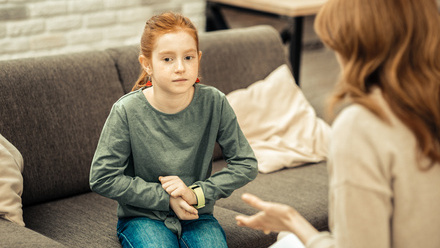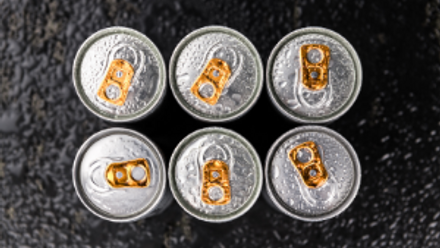Specialist eating disorder dietitian Sophie Corbett shares signs of eating disorders to look out for, and what you should do if you think you may have one.
As a dietitian specialising in the area of eating disorders, I often see many clients doubt whether or not they have a problem. Having an eating disorder can be a very disorientating experience, and impact our sense of self. Equally, we are in a time where disordered eating is often normalised, especially online.
Here are some important signs that you shouldn’t ignore:
1. You avoid social situations because you can’t change your eating patterns
You may feel anxious about eating out, worried about the portion sizes or ingredients used, or fear losing control. Eating out is no longer pleasurable and you would rather stay at home.
2. You obsess about your weight and frequently weigh yourself
Your mood for the day might depend on what the scales say. You may weigh yourself multiple times a day or feel anxious if you can’t.
3. You feel a sense of ‘loss of control’ around food, and sometimes eat in a way that you couldn’t stop
You might feel distressed or ashamed afterwards, and often eat in secret or when you’re alone.
4. You feel the need to exercise to burn off food, or feel you can’t eat unless you have exercised
Exercise becomes a rule and method of punishment, instead of something to do for fun and for health. Missing a workout might make you feel guilty or panicked.
5. You think about food, calories, or your body for most of the day
It becomes hard to focus on other things, and food decisions can take up an overwhelming amount of mental space.
6. You avoid certain food groups or feel extreme guilt after eating certain foods
This might start as an attempt to eat healthier, but can become restrictive, rigid, and filled with fear or shame.
7. You find yourself constantly comparing your body or eating habits to others
This can happen online or in real life, and it often leaves you feeling like you're not good enough, don’t have enough willpower, or are not slim enough.
8. You lie about what you’ve eaten or feel the need to hide your eating habits
Secrecy is a common sign that something deeper is going on.
9. Your self-worth is tied to your body, weight, or ability to control food
You might feel like a failure if you gain weight or don’t stick to a plan, and struggle to see value in yourself outside of appearance.
10. You feel anxious, guilty, or ashamed around food on a regular basis
Food becomes emotionally loaded rather than nourishing or enjoyable. Eating might bring more distress than comfort.
Types of eating disorders
The points above are potential indicators of an eating disorder that might be driven by low feelings of self-worth and poor body image. This is particularly relevant for Anorexia Nervosa, Bulimia Nervosa and Binge Eating Disorder.
There is another eating disorder called Avoidant Restrictive Food Intake Disorder (ARFID) which presents differently. This is often seen in children and is particularly common in autistic people. Features of ARFID include: low interest in food, sensory sensitivities, food anxieties and phobias. This can result in a very small number of accepted foods, and problems with growth and development.
There are also eating disorders that fall outside of diagnostic boxes, that might look different, have different driving factors, or be a combination of different types of eating disorder. Some people with this presentation may be diagnosed with Other Specified Feeding or Eating Disorder (OSFED).
If you think you might have an eating disorder it is really important that you reach out for support. It is a good idea to tell a trusted person in your life and go to the GP to explore local services available to you. Many people also benefit from the support of an eating disorder dietitian to make dietary changes.
Beat is the UK’s largest eating disorder charity and has a host of helpful resources, as well as a helpline and online chatrooms. You can also find information about eating disorders on the NHS website.







